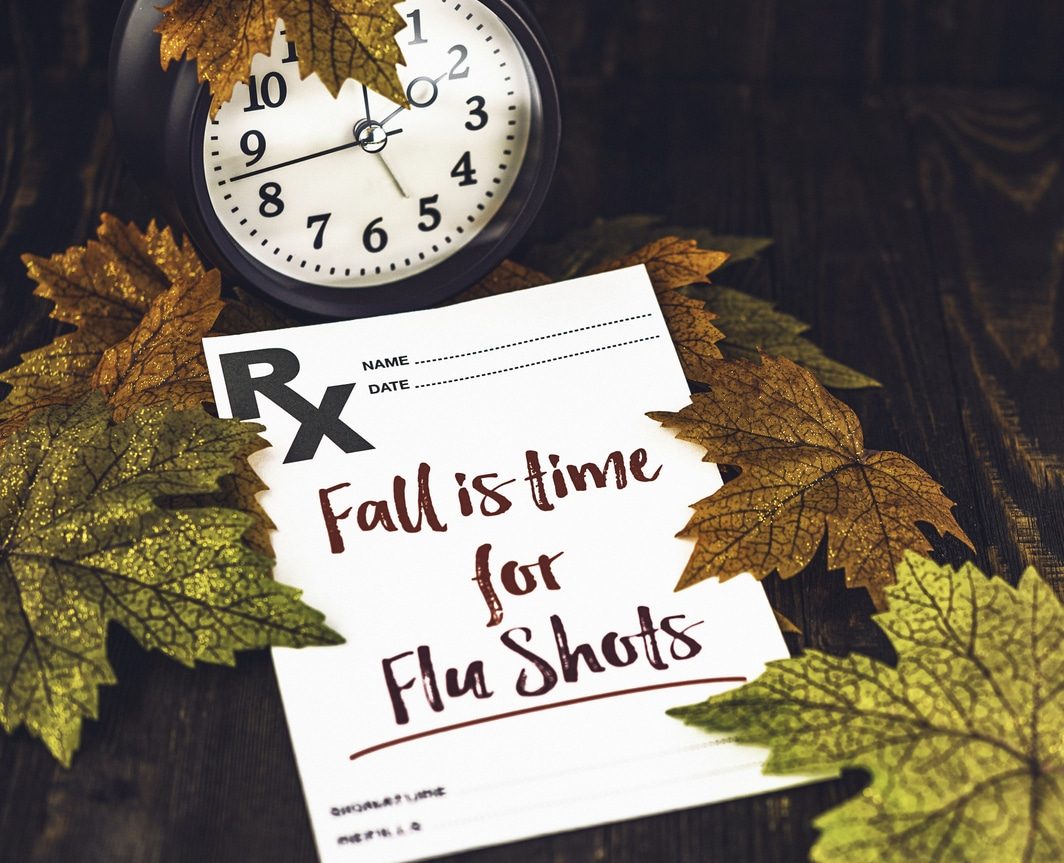Chăm sóc sức khỏe dự phòng. Mùa thu là thời điểm để chích ngừa cúm
Bệnh cúm là bệnh truyền nhiễm đường hô hấp do virus cúm gây ra, gây ra các triệu chứng từ nhẹ đến nặng. Một số trường hợp thậm chí có thể phải nhập viện hoặc tử vong. Ở Hoa Kỳ, mùa cúm thường lên đến đỉnh điểm từ tháng 12 đến tháng 2, nhưng các đợt bùng phát có thể xảy ra sớm nhất vào tháng 10 và kéo dài đến tháng 5.
Tại sao nên chích ngừa? chích ngừa là một trong những cách hiệu quả nhất để phòng ngừa cúm, bảo vệ bản thân cũng như những người xung quanh bạn. chích ngừa làm giảm nguy cơ mắc phải các biến chứng nghiêm trọng, bao gồm cả nhập viện.
Ai nên chích vaccine? Mọi người từ 6 tháng tuổi trở lên nên chích vaccine cúm mỗi năm, ngoại trừ số ít những trường hợp khi người đó có các chống chỉ định cụ thể về sức khỏe. CDC đề nghị nên chích ngừa vào cuối tháng 10 để bảo đảm khả năng bảo vệ trong suốt mùa cúm.
Các loại vaccine: Có nhiều loại vaccine cúm sẵn sàng để dùng cho mùa 2024–2025, bao gồm:
- Vaccine cúm (IIV): Đây là loại vaccine dựa trên trứng (quá trình sản xuất vaccine có sử dụng trứng gà) được dùng qua đường chích và là loại vaccine phổ biến nhất.
- Vaccine cúm tái tổ hợp (RIV): không liên quan đến trứng, là một lựa chọn phù hợp cho những người bị dị ứng với trứng.
- Vaccine cúm sống giảm độc lực (LAIInactivatedV): Được dùng dưới dạng thuốc xịt mũi, thích hợp cho độ tuổi từ 2-49.
Tác dụng phụ: Tác dụng phụ của vaccine cúm nói chung là nhẹ, có thể bao gồm đau nhức tại chỗ chích, nhức đầu, đau cơ và sốt. Phản ứng dị ứng nghiêm trọng rất hiếm nhưng cần được chú ý chăm sóc y tế ngay lập tức.
Bằng cách chích vaccine, bạn không chỉ bảo vệ bản thân mà còn góp phần tăng cường khả năng miễn dịch cộng đồng, bảo vệ các nhóm dân số dễ bị tổn thương. Hãy giữ gìn sức khỏe trong mùa cúm này và trao đổi với nhà cung cấp dịch vụ chăm sóc sức khỏe của bạn về loại vaccine cúm phù hợp với mình.
Để biết thêm thông tin chi tiết, hãy truy cập hướng dẫn về vaccine cúm của CDC.

